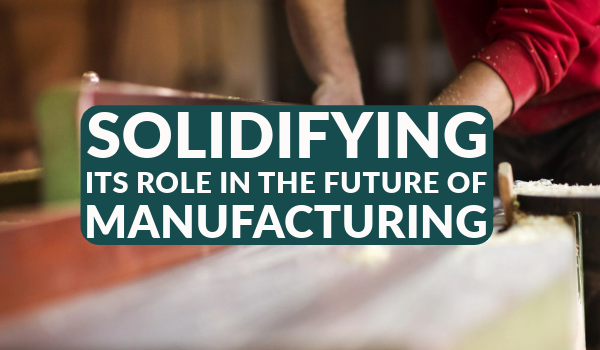Hot melt glue has become a cornerstone in modern manufacturing due to its remarkable versatility, strength, and adaptability. This adhesive, made from thermoplastic polymers, offers a unique combination of properties that make it suitable for a wide range of applications. From packaging and automotive assembly to construction and consumer goods, hot melt glue is essential in ensuring the durability and reliability of various products.
The Unique Properties of Hot Melt Glue
Hot melt glue is prized for its exceptional bonding strength and versatility. It can adhere to a variety of substrates, including paper, plastics, wood, and metal, making it ideal for multi-material assemblies. This versatility is particularly advantageous in industries where different materials are often used together, requiring a reliable adhesive that can maintain integrity under stress.
One of the standout properties of hot melt glue is its quick setting time. Unlike some adhesives that require curing, hot melt glue solidifies rapidly as it cools, allowing for fast assembly and immediate handling. This property is crucial in high-speed manufacturing environments where efficiency and speed are key.
Applications in the Automotive Industry
In the automotive industry, hot melt glue is extensively used due to its ability to bond various materials and provide structural integrity. It is used in applications such as assembling interior components, securing trim pieces, and attaching insulation materials. The rapid setting time of hot melt glue allows for quick assembly and reduces downtime in the production process.
Moreover, hot melt glue contributes to the manufacturing of lighter vehicles. By enabling the use of lightweight materials and reducing the need for mechanical fasteners, hot melt glue helps reduce the overall weight of vehicles, leading to improved fuel efficiency and reduced emissions. This aligns with the industry’s emphasis on sustainability and environmental responsibility.
Contributions to the Construction Industry
The construction industry also benefits significantly from the versatility of hot melt glue. This adhesive is used in applications such as flooring installation, insulation, and window glazing. Its strong bonding capabilities ensure that construction materials stay securely in place, even under extreme conditions.
Hot melt glue is particularly valuable in insulating applications. It helps create energy-efficient buildings by providing a strong, airtight seal that prevents heat loss and enhances thermal insulation. This results in reduced energy consumption and lower heating and cooling costs, making buildings more sustainable and cost-effective.
Advancements in Consumer Goods
In the realm of consumer goods, hot melt glue plays a crucial role in the production of various products, from packaging to electronics. Its ability to bond different materials securely ensures that products are durable and long-lasting. For example, in packaging, hot melt glue is used to seal boxes and secure labels, providing a reliable and quick solution for high-volume production.
In electronics, hot melt glue is used to assemble components and provide insulation. Its resistance to heat and impact ensures that electronic devices remain functional and safe under various operating conditions. This is particularly important in the production of smartphones, laptops, and other high-tech gadgets that require precise and reliable assembly.
Environmental and Economic Benefits
The use of hot melt glue offers significant environmental and economic benefits. Its ability to create strong, durable bonds reduces the need for frequent repairs and replacements, thereby minimizing waste. Additionally, its role in enabling efficient and quick assembly contributes to reduced energy consumption and lower production costs.
From an economic standpoint, hot melt glue can streamline manufacturing processes. Its quick setting times and ease of application reduce production time and labor costs. This efficiency translates to cost savings for manufacturers, allowing them to produce high-quality products at competitive prices.
The versatility of hot melt glue makes it indispensable in modern manufacturing. Its ability to bond diverse materials quickly and withstand various environmental factors ensures the reliability and longevity of products across multiple industries. From enhancing vehicle assembly and construction efficiency to contributing to effective packaging and electronics manufacturing, hot melt glue is at the forefront of innovation and progress. As technology continues to evolve, the applications and benefits of this adhesive are likely to expand, further solidifying its role in the future of manufacturing.





